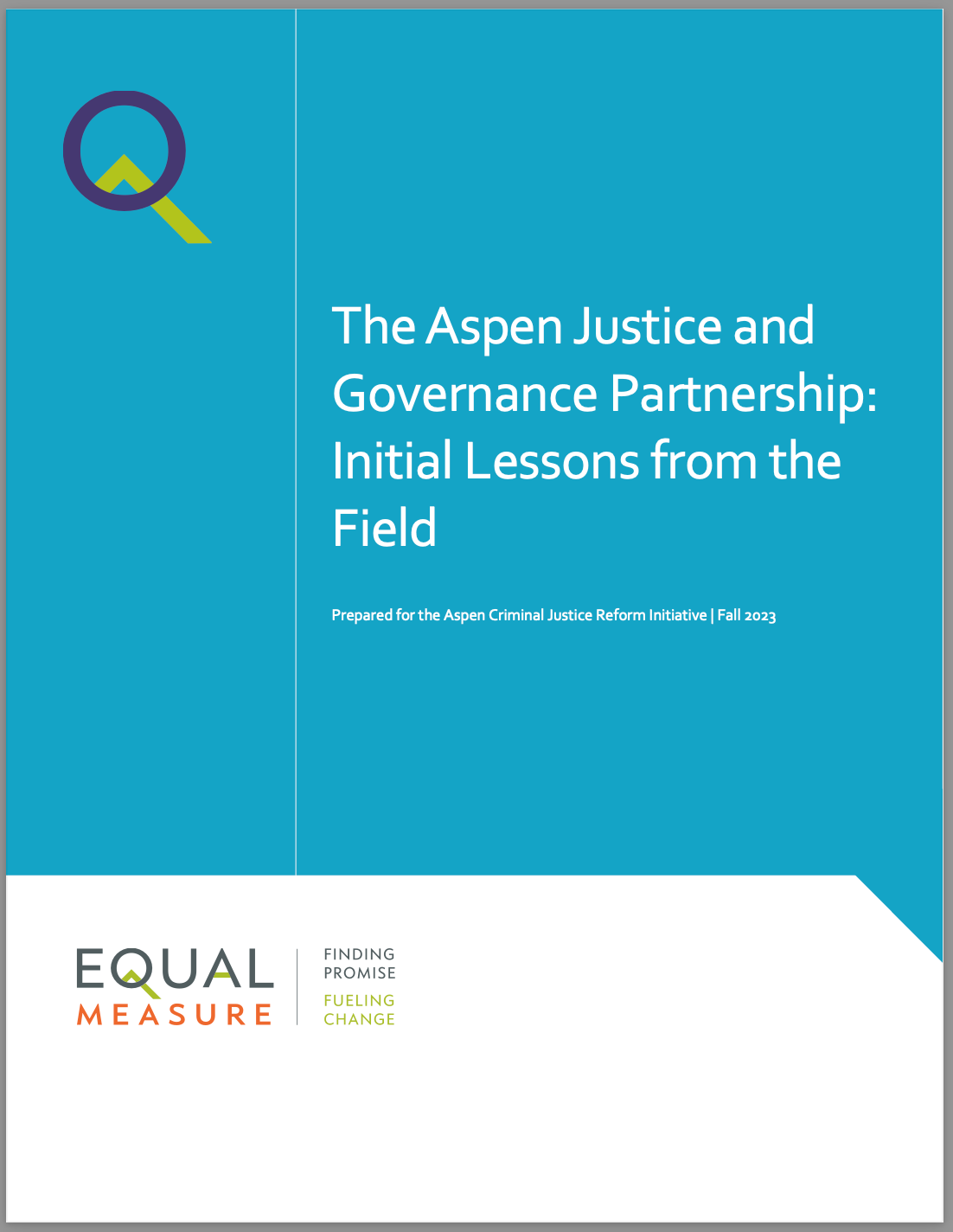This year, candidates in mayoral and other local elections are charting a new course with their justice-related platforms. They are moving away from so-called “old, established ideas” and towards new public safety and justice strategies. These candidates realize that criminalizing citizens does not result in safety and justice. As one mayoral candidate indicated, local policymakers have too often criminalized citizens unnecessarily. In doing so, they have steered the public and policymakers away from rigorous, systemic investigations into inadequate public safety and the root causes of injustice in many of our nation’s communities.
Growing poverty and inequality matter in local elections. Unfortunately, it has taken a global pandemic to make the effects of unfair and misguided policies and actions on communities of color more visible. In response, more mayoral candidates have embraced tackling poverty and inequality head on in order to create more just and effective public safety in their cities. These candidates firmly believe that cities cannot police their way out of public safety challenges. Rather than criminalizing citizens, city leaders should treat all citizens more humanely, as you would a neighbor or a family member. They assert that city leaders must first acknowledge that all of the city’s departments, not just the police and courts, must take better care of and support all people during times of stress and pain. The city and its institutions—including law enforcement—must exhibit empathy for those disproportionately impacted by inequality and provide the necessary care to everyone without exception.
In local jurisdictions we are witnessing a dramatic shift in approach. For example, in St. Louis, a new wave of reform driven by younger voters opposed to the established policies, is being pursued by political leaders. More holistic and humanistic policies are under consideration. Consequently, a policy consensus arose among many mayoral candidates that more comprehensive, multi-sector and “collective action” solutions are required to reimagine safety and justice in their city. Actions that support investments in public health, youth development, community engagement, and empowerment have gained traction in the public square. During this year’s mayoral contest, one candidate has urged city leaders to reimagine their approaches to public safety, policing, and criminal justice by addressing the root causes of violence and crime in their communities.
Notably, St. Louis’ victorious mayoral candidate, Tishaura Jones, stated that the current system of policing is ineffective and fails to address the root causes of violence. In addition to fulfilling her commitment to reimagine public safety and reign in policing, she is committed to supplying rent and mortgage relief, working with the courts to extend the local eviction moratorium, boosting funding for the city’s affordable housing trust fund, and guaranteeing more low-barrier housing options are available for people facing homelessness.
Both Louisville and Minneapolis, cities where high profile shootings of Black people shocked the nation, will have mayoral races this year. Two candidates who have initiated their Louisville mayoral campaigns are committed to shifting the way city leaders pursue safety and justice. One, a pastor and community organizer, wants a transformation in the way the city approaches policing and criminal justice. Another, a community activist and who has worked at the Bail Project, has been a key figure in the protests over the death of Breonna Taylor and believes the city needs change. And, Minneapolis’s current mayor, who is running for reelection, supports both community-led public safety solutions and more traditional strategies that focus on working alongside the Minneapolis Police Department to build a better and more accountable department.
Campaigns for mayor are not the only ones exploring new approaches. This push for public safety and justice has also impacted district attorney races. Some advocates and community leaders believe prosecutors are the most influential actors in the criminal justice system. Recent reports have found that 80% of incumbent district attorneys face no opponents in their reelection races. District attorneys, and their offices, are uniquely positioned to reduce mass incarceration that disproportionately impacts communities of color and support efforts tackling the root causes of crime.
Last fall, former San Francisco District Attorney George Gascon vanquished Jackie Lacey, the sitting Los Angeles district attorney. The Associated Press reported that Gascon, who co-authored statewide criminal justice reforms, promised to make significant changes, including not trying juveniles as adults. Lacey, who was elected at a time when prosecutors routinely adopted “tough on crime” positions, acknowledged the changed climate driven by the death of George Floyd and last summer’s Black Lives Matter protests. “This election is a result of our season of discontent and a demand to see a tsunami of change,” she said in the article.
Houston news outlets reported similar shifts away from traditional tough on crime policing in their DA race. The director of the Texas Southern University Center for Justice Research observed that the Harris County District Attorney Kim Ogg, who went on to win last fall’s election by a comfortable margin, uniquely refocused criminal justice reform in a public safety frame away from a narrow focus on keeping bad actors off the streets. Similarly, the Block Club Chicago news outlet reported that incumbent and Chicago native Kim Foxx, who celebrated her victory last fall in the Cook County state attorney’s race, recognized the shift in priorities of county voters by acknowledging that, “They chose safety and justice instead of law and order. They chose criminal justice reform instead of wrongful conviction. They chose a way forward instead of going back.” One supporter of Foxx believes she has done a good job in ensuring that both victims of crimes and those who have committed crimes are getting the help they need, and stated, “We can’t keep throwing people in jail and give them no support.”
Many current state attorneys have also recognized the importance expanding safety and justice actions beyond policing. Melissa Nelson, state attorney for Florida’s fourth judicial district, was recognized by US Department of Education for the role she played in Project Safe Neighborhoods in northeast Florida. The department asserted the success of the project was directly attributable to Nelson’s “ability to galvanize her office, critical agencies and community partners around a common goal—creating safer communities.”
Last February, Leymah Gbowee, a Nobel laureate, renowned Liberian peace activist, social worker, and women’s rights leader, was the keynote speaker for the 30th anniversary of Nelson Mandela’s release from Robben Island prison. In her speech, held at the City Hall of Cape Town, South Africa, she reminded us what values should guide all leaders. Gbowee shared that Nelson Mandela believed we are all complicated and flawed beings, each and every one of us has a role to play in building the legacy of our collective humanity. She spoke to South Africans, but her words are also relevant to Americans. “We must ask ourselves if the values of sacrifice, compassion, service and collective humanity are features of our everyday existence?” she said. These values undergird new approaches to safety and justice in the United States. More compassion, more commitment to service, and more willingness to work collectively for change was demanded by the millions of people who marched for justice last summer. Today, many local leaders have now embraced these values. Let us hope this movement grows and is sustained.
Fred Frelow is a senior fellow with the Criminal Justice Reform Initiative.
As a 501(c)(3) nonprofit organization, the Aspen Institute is nonpartisan and does not endorse, support, or oppose political candidates or parties.

